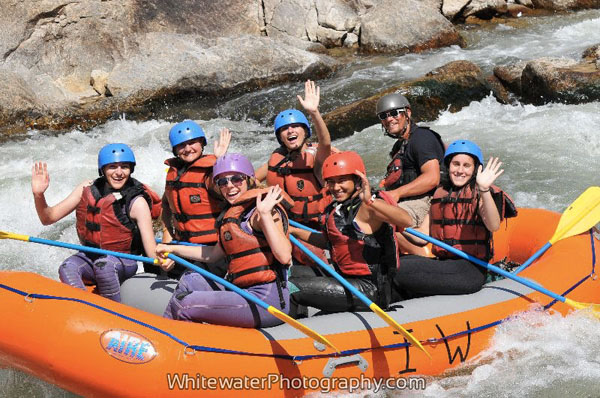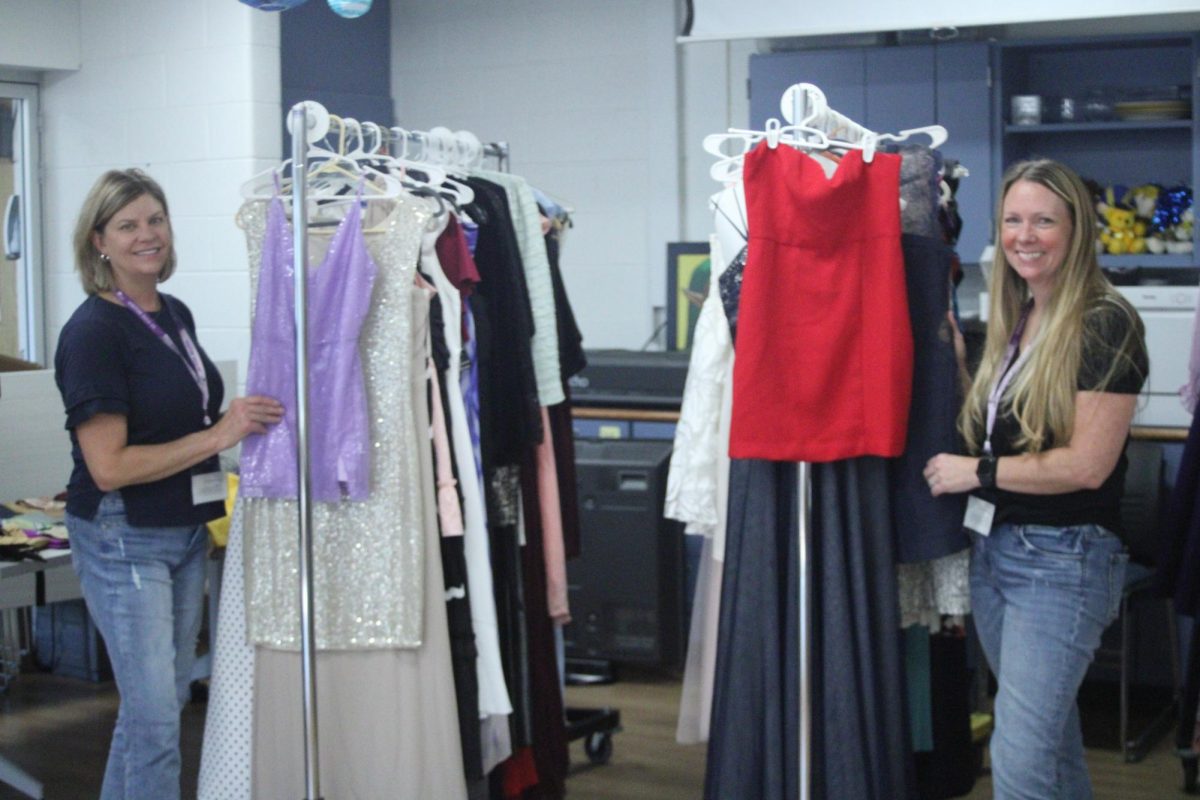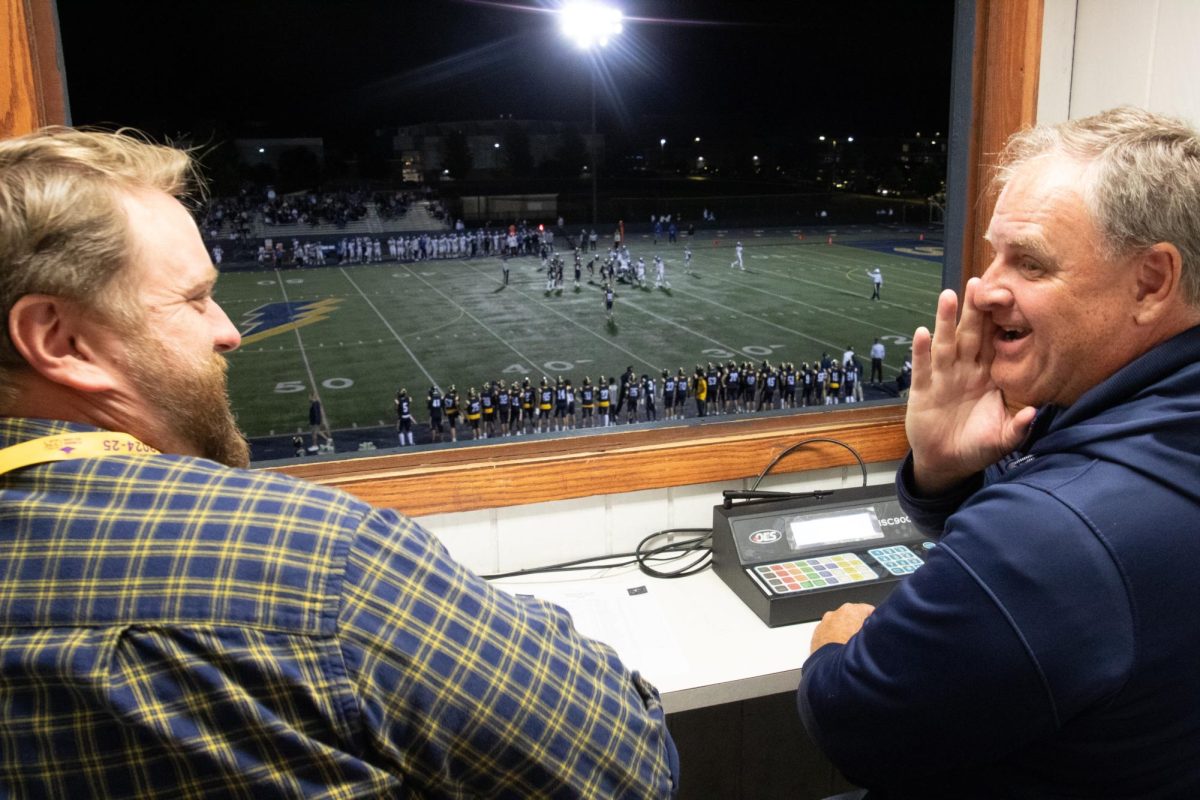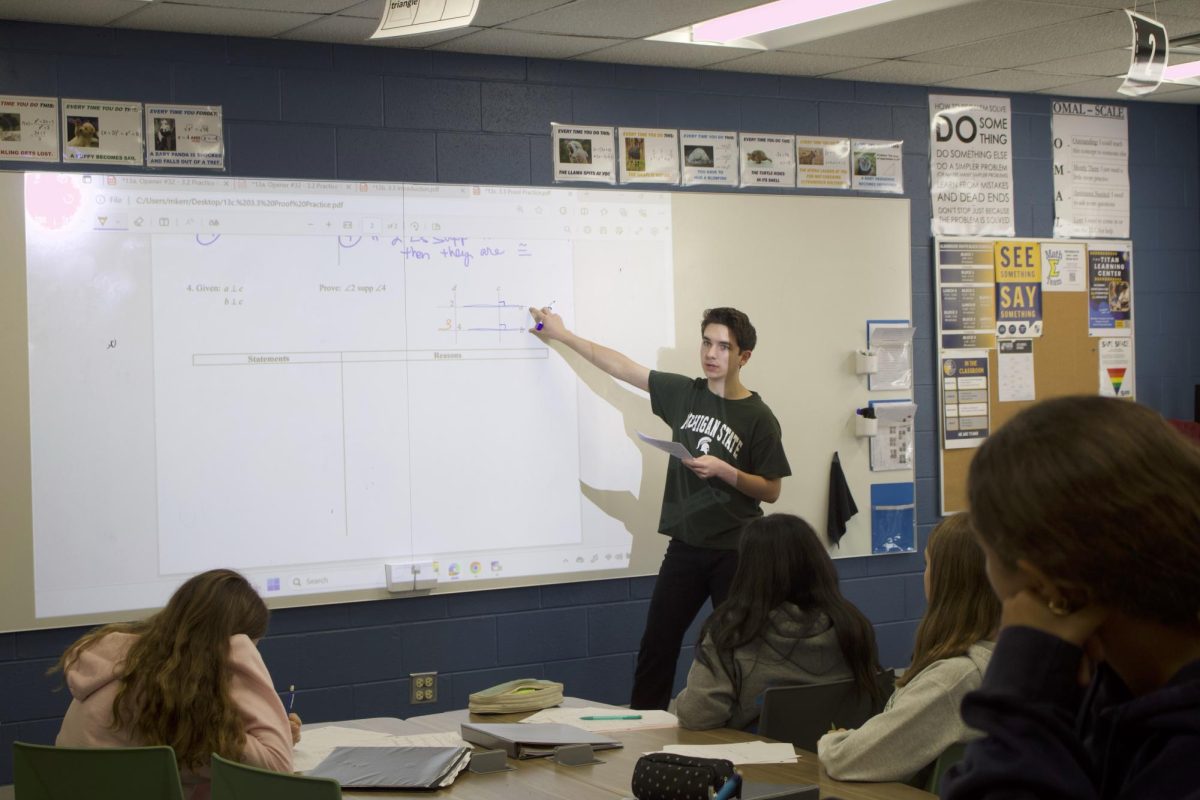When Ken and Colleen Braid’s son Kyle commited suicide during a fit of aggression due to steroid abuse at the age of 16, the Braids founded the J. Kyle Braid Leadership Foundation (JKB) in 1994, according to www.jkbranch.org.
The Braids started a ranch where teens could learn leadership skills to use with their peers, according to senior representative Sydney Kiwaiko. The Braids state their goal on jkbranch.org:
“To reach the best of America’s teens and teach them how to become effective and successful leaders in their schools and throughout their respective communities.”
According to Kiwaiko, the ranch is closing this summer, its 20th year.
“[The Braid’s] were only planning on doing [the ranch] for 16 years because that was the age [Kyle] committed [suicide],” Kiwaiko said. “They kept it on for 20 [years]. It has been a great run, and they wanted to keep it like that, so they are ending it this year.”
The faculty nominates South students to be a part of JKB during students’ sophomore year. Usually about 10 boys and 10 girls are nominated to be a part of JKB, according to senior representative Kurt Roemer.
After nominations, the nominees must get recommendation letters, complete the interview process and write a resume, according to Roemer. From there, two boys and two girls are chosen to go to the ranch in Villa Grove, Colo. during the summer going into their junior year to learn techniques of leadership.
According to Kiwaiko, Ohio and Florida schools also participated in week-long trips to the ranch. About 200 kids experience the ranch per summer. Neighboring schools, including Glenbrook North, Highland Park, New Trier and Lyons Township also take part in JKB and the ranch, Roemer said.
“There is a huge emphasis on leadership, so about 35 plus hours [are] spent in the classroom [while at the ranch],” Roemer said. “The rest of the time you are doing hands on activities [such as] a team building course.”
Among many activities at the ranch, junior representative Nicholas Suhadolnik, junior representative Jane Brennan, and Roemer all agree that white water rafting was one of their favorite adventures.
“You get to go on a class IV rapids,” Suhadolnik said. “Niagara Falls is a class VI, so you can tell a class IV gets pretty big waves.”
The activities conducted at the ranch, while seeming like purely fun in the moment, truly did possess purpose, according to Roemer.
Teens who experienced the week go through an intensive ropes course where working as a team is crucial, according to Suhadolnik, who was able to apply his leadership skills from the course to his football practices.
“You are only as fast as your slowest person,” Suhadolnik said. “When [I] had football overnight […] [the team] was trying to figure out how to cross over this rope and have everyone finish it. The heavier linemen had the most trouble. At the ranch [I] learned when you are faced with a problem, take care of the big rocks first. The people having the most trouble [should go first]. It has the lowest consequences because you can [always] start over.”
Despite the ranch closing, South is still going to continue to run its JKB program, according to Roemer.
The sponsors of the club have already begun looking for new leadership opportunities other than the ranch, according to Roemer. Roemer believes that the ranch closing down will not negatively affect JKB representatives.
“There are just as many kids who [are alternates] and don’t get a chance to go to the ranch,” Roemer said. “A big thing is feeding off the positive energy of each other in the group, and that is something that will not be lost when the ranch is gone.”
Although the ranch is closing, the Braids remain positive.
“[The Braids] always say don’t be sad it is ending; be happy it happened,” Roemer said. “There will still be a good group of kids together trying to make a difference. [JKB] isn’t going to end [here].”















